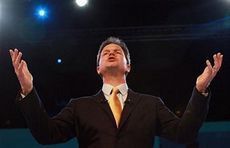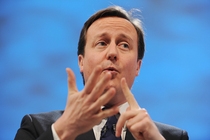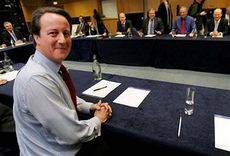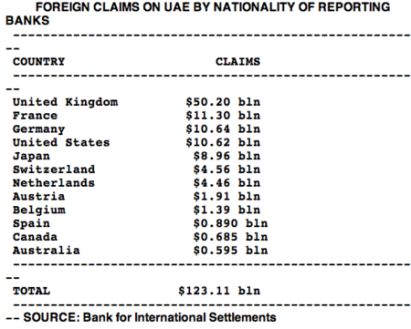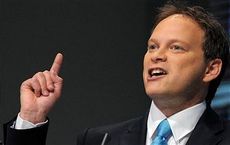The return of the Mansion tax
The Liberal Democrats unveil their tax plans later today, and Nick Clegg insists that his radical plan will “put fairness back into the tax system”. It is expected to be a left of centre plan: don’t expect to hear anything about “savage cuts”. The Mansion Tax is back, albeit in slightly more expensive clothes. The original proposal levied a 0.5% charge on properties valued at over £1million, which was a determined effort at suicide. Following criticism from senior MPs, staring nervously at their irate constituents, Clegg and Cable have raised the threshold to £2million and the levy to 1% – a humiliating retreat, revealing the dangers of making policy on
